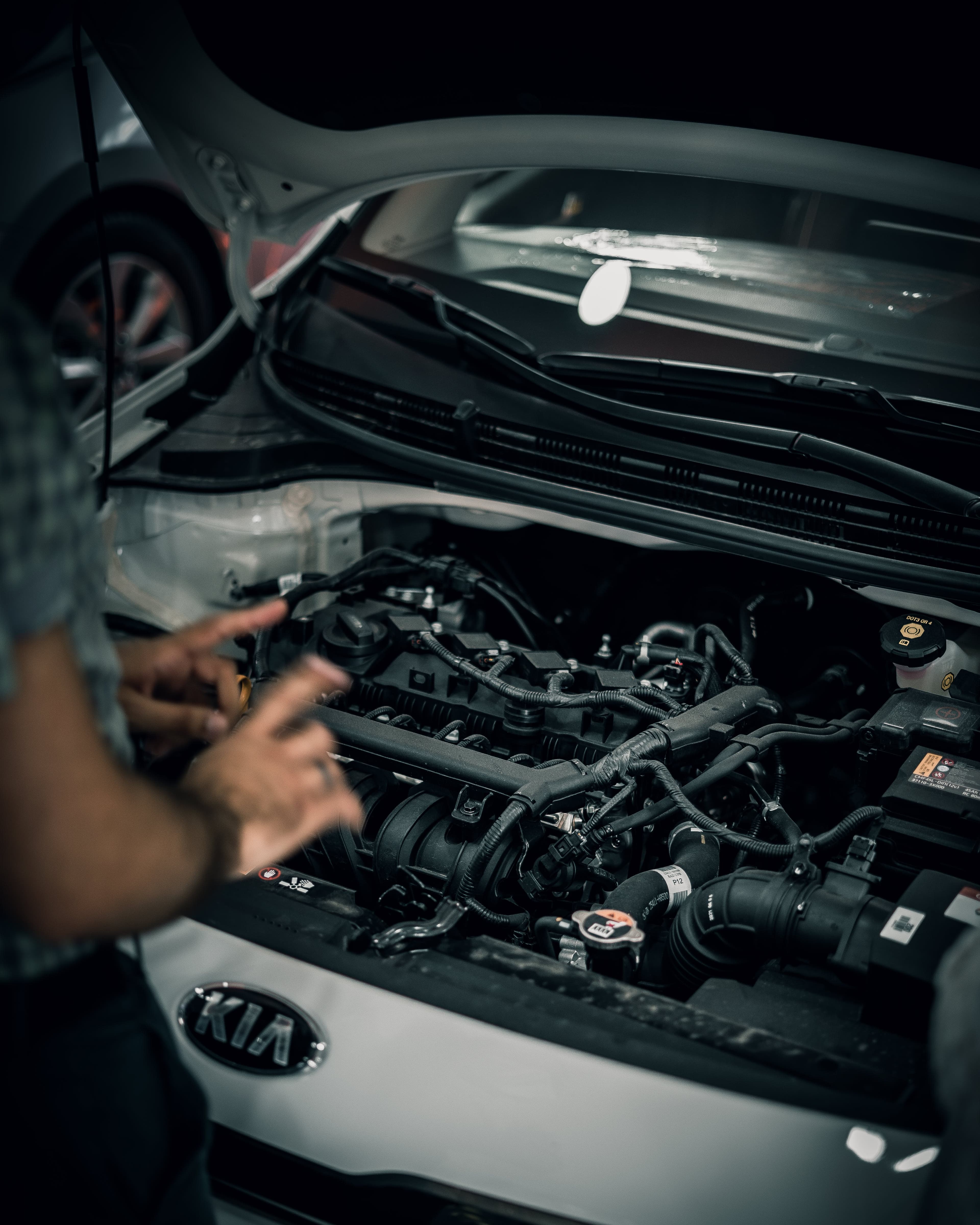Simple Steps to Replace Your Car's Spark Plugs
If you're experiencing engine misfires or noticing a decrease in your car's fuel efficiency, it might be time to replace your spark plugs. Although it may seem daunting, with the right tools and this guide, you can perform this task at home. Here are the simple steps to replacing your car's spark plugs.
Gather Your Tools
Before starting, gather the following items:
- New spark plugs
- A spark plug socket
- A socket wrench
- A torque wrench
- A spark plug gap tool
- Anti-seize compound
Step 1: Locate Your Spark Plugs
The spark plugs are usually attached to thick rubbery wires. There are typically 4, 6, or 8 plugs, depending on how many cylinders your car has.
Step 2: Remove Old Spark Plugs
Use your socket wrench and spark plug socket to remove the spark plug from the cylinder. Turn the wrench counter-clockwise to loosen the spark plug.
Step 3: Inspect the Spark Plugs
Examine the old spark plugs for any signs of damage. This could indicate other issues with your engine.
Step 4: Prepare the New Spark Plugs
Before installing the new spark plugs, use the gap tool to set the gap on your new plugs to the manufacturer's specification.
Step 5: Install the New Spark Plugs
Apply a small amount of anti-seize on the threads of the new spark plug. Using your hand, screw the new spark plug into the cylinder. Once it is hand-tight, use the torque wrench to tighten it to the manufacturer's specification.
Step 6: Reconnect the Spark Plug Wire
Once the new spark plug is installed, reconnect the spark plug wire.
Step 7: Repeat the Process
Repeat the process for each spark plug.
Step 8: Test Your Vehicle
Once all the new spark plugs are installed, start your vehicle. If it runs smoothly and the check engine light is off, you've successfully replaced your spark plugs!
In conclusion, while replacing spark plugs can be a bit technical, it's a task you can accomplish with a bit of patience and the right tools. Regularly changing your spark plugs can result in improved fuel efficiency and overall better engine performance. Always remember to refer to your vehicle's owner's manual for specific information about spark plug replacement.
